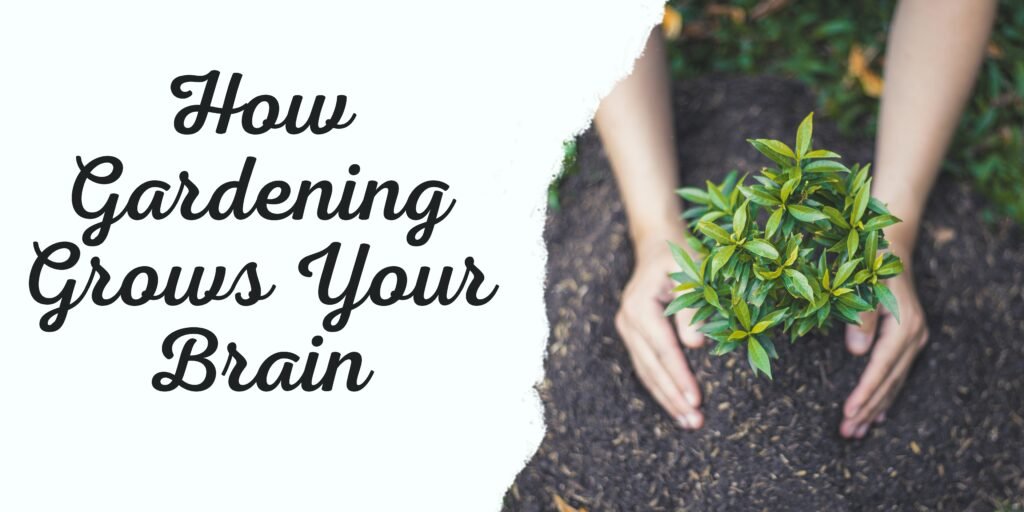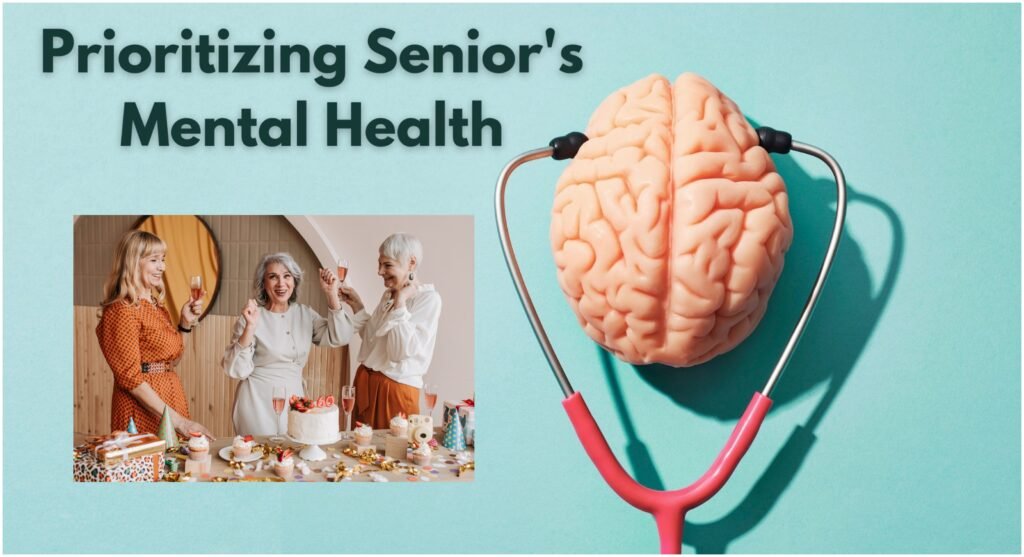How Gardening Grows Your Brain: Boost Memory, Mood, and More

Last Updated on July 14, 2025 by Rose Ann
Turns out, the secret to a sharper, happier brain might just be buried in your backyard. A growing body of research shows that gardening isn’t just great for your roses — it’s fertilizer for your mental health too.
Whether you’re potting houseplants or growing a full vegetable patch, the act of gardening engages your body and mind in a beautifully balanced way. Physically, it’s light-to-moderate activity, which boosts circulation and reduces stress. Mentally, it requires focus, planning, and memory — hello, cognitive workout!
The big news? Gardening may help reduce the risk of dementia. Studies cited by experts suggest that regular time spent tending to plants can enhance memory, attention span, and even mood.
One long-term Australian study found that daily gardening was linked to a 36% reduced risk of dementia in older adults. That’s not just impressive—that’s life-changing.
The benefits don’t stop at the neurological. Gardening has also been linked to lower levels of depression and anxiety. According to the article, researchers believe this may be due to gardening’s ability to lower cortisol (the stress hormone) while promoting feelings of achievement and peace.
In a world that often feels overstimulated, the quiet rhythm of planting and nurturing can feel downright medicinal.
A key quote that drives it home:
“Gardening involves so many factors known to be beneficial to brain health—exercise, reduced stress, social interaction, and sensory stimulation,” says Dr. Melissa Andrews, a neurologist specializing in aging and cognition.
Plus, let’s be honest—it’s hard not to feel a bit of joy when a tomato you planted with your own two hands finally ripens. The dopamine hit is real.
Why does this matter? Because gardening is a low-cost, low-barrier, high-reward activity that anyone can try. You don’t need a big yard. A windowsill and a few pots will do. And the rewards? Better brain function, lower stress, and maybe even a longer, healthier life.
Craving more green-thumbed wisdom? Check out the full article on BBC Future to get all the leafy details.





